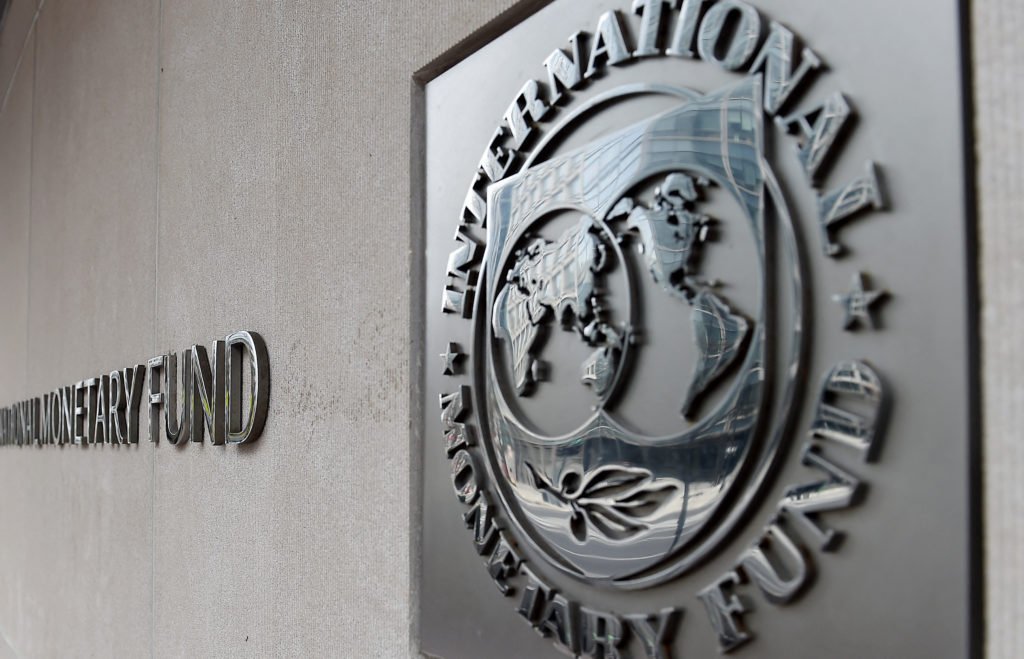Cairo – The International Monetary Fund (IMF) has projected the growth rate of the Egyptian economy could increase to 4% in the current fiscal year (2022/2023). The increase is expected to progress to 5.3% next year, reaching 5.7% in the 2024/2025 fiscal year and 5.9% in 2025/2026.
The IMF said in a statement this Tuesday (10) Egypt’s budget revenue in the current fiscal year is expected to reach around EGP 1.6 trillion (about USD 57.82 billion at the current rate), increasing to EGP 1.9 trillion (about USD 68.66 billion) in the next fiscal year and EGP 2.2 trillion (about USD 79.5 billion) in the fiscal year 2024/2025.
Last month, the IMF Executive Board approved a USD 3 billion loan to Egypt under the Extended Fund Facility (EFF), which aims to boost private-led economic growth and job creation.
According to the report, the 46-month program is expected to strengthen the foreign exchange market and maintain price stability to absorb external impacts, including the reverberations of the Russian-Ukrainian crisis.
The IMF estimated core inflation could drop to 7% in the 2024/2025 fiscal year, and public accounts could reach a record surplus of 2.1% of GDP.
The international entity said Egypt showed resilience in facing the global impact of the COVID-19 pandemic, highlighting the stability of its exchange rate, increased transfers from abroad, and tourism sector upturn. It also underscored the government’s social protection and food security plans, including Takaful and Karama (Solidarity and Dignity) financial aid programs.
Rationalization of public spending
In the same context, Mostafa Madbouly, Prime Minister of Egypt, announced the start of a new phase of rationalizing public spending in institutions included in the General State Budget and public economic entities for the 2022/2023 fiscal year. These measures aim to attain the financial goals defined by the government without hampering the performance of the entities to which they are linked or the quality of the services assigned to them.
The prime minister also said any new projects with a budget in dollars would be postponed, just as any non-urgent expenses. State travels abroad are set to be reduced, except for utmost needed, upon approval by the Council of Ministers or in cases where the representative will bear the travel costs.
The Prime Minister’s decision does not apply to matters of the Ministries of Health, Defense, Interior, Foreign Affairs, and their affiliated bodies, or authorities in charge of managing subjects related to oil and its derivatives, and all listed financial allocations to provide material and financial support to workers in remote areas.
The Egyptian government started rationalizing public spending early last year to face the impacts of the Russian-Ukrainian crisis, which erupted shortly after the COVID-19 pandemic. The resulting turmoil in supply chains led to a general price hike, both globally and locally.
Translated by Georgette Merkhan & Elúsio Brasileiro




